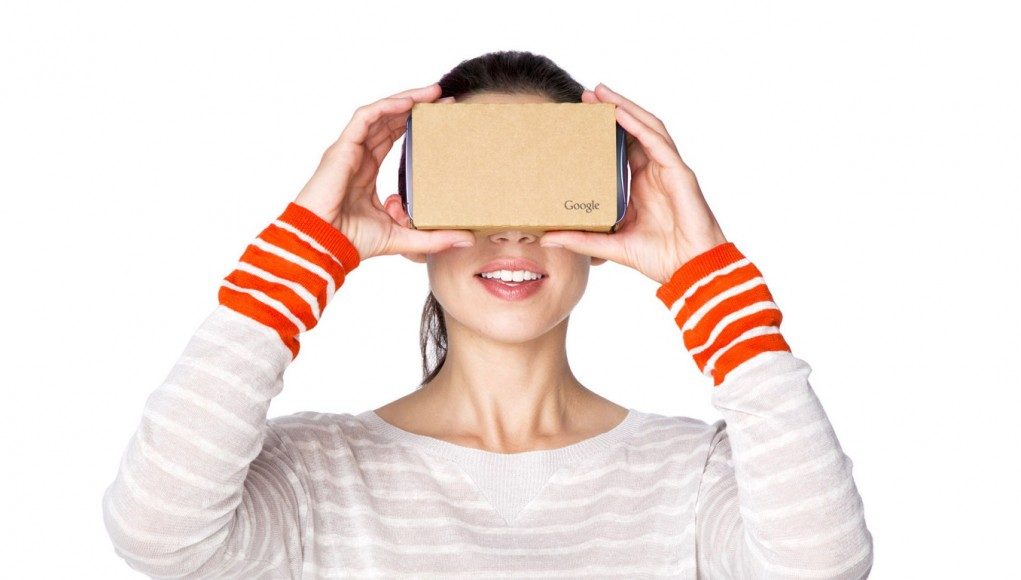The Google VR team shared some impressive figures at Mobile World Congress in Barcelona this week – more than 10 million Cardboard viewers have been shipped worldwide. Google’s low-cost smartphone enclosure for viewing VR content has been available since 2014.
With media attention on Oculus’ successes in reinvigorating the VR industry in 2014, Google’s surprise announcement of Cardboard looked like an amusing experiment, but it quickly became a huge success, as it was just good enough to provide anyone with a smartphone a small taste of VR. At the Mobile World Congress in Barcelona this week, and announced via Google’s blog, the team revealed that more than 10 million Cardboard viewers have shipped worldwide, with 160 million downloads of Cardboard apps on Google Play. The 30 most popular apps have more than 1 million downloads.
With two small lenses fixed inside a basic cardboard enclosure, Google’s Cardboard design never intended to deliver a truly immersive VR experience, but it provided an incredibly lower barrier for entry, and a stepping stone towards Google’s high-performance mobile VR solution, Daydream. In turn, the research and investment in software development for the Daydream ecosystem has filtered back to Cardboard; since October, Cardboard apps running Google’s VR SDK share some of the performance improvements developed for Daydream-ready phones. As such, Cardboard is likely to continue to remain relevant for years to come.
The Google VR team also took the opportunity to announce Sky VR, a new premium VR video content app, and three new augmented reality experiences – The Sims, Chelsea Kicker and WSJ AR – for Tango-enabled devices.







